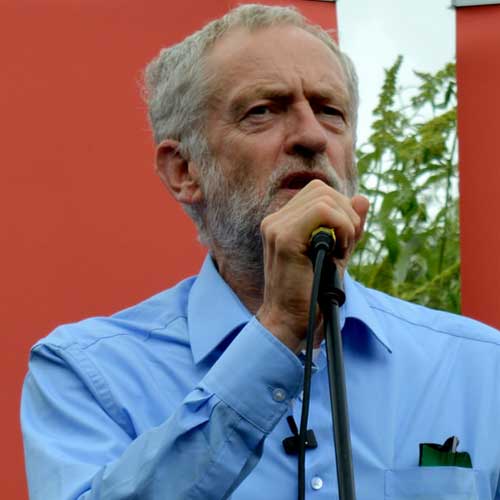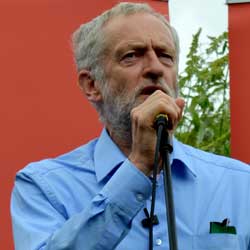A few days ago the Labour leadership run came to and end with a backbencher, North London MP Jeremy Corbyn taking the lion's share of the vote. So, now the dust has settled and the Shadow Cabinet figures have been announced, let's take a look at the new direction for Labour. In particular, we are interested in the economic policies and how they hit or help the pockets of the population.
In his victory speech, Corbyn announced his stance on the current austerity measures imposed by the Tories stating that the poorest were the greatest affected by cuts and were now seeing wages slashed and hence forced to rely upon food bank services. His outlook is based upon fairness.
The position of Shadow Chancellor was given to John McDonnell who said his focus was not on tax and income but rather those who are 'laughing all the way to the bank'. One can presume his budget will be focused on tightening policies currently advantageous to upper middle and high earners. Halting tax cuts for the rich and for big business and increasing tax evasion and tax avoidance protection measures are on the cards. To help the working and middle classes he plans to invest in housing and infrastructure. There is also the notion of people's quantitative easing.
People's QE would see the end to the current printing of money to purchase bank debts, instead a new national investment bank would be set up to 'print money' for the purpose of buying debt for the use of the population. For example, to fund an infrastructure project the new investment bank would create a debt, which would then be purchased by the Bank of England using QE. Ambitious infrastructure projects are hoped to help reduce the welfare bill naturally without requiring changes to the actual benefit system.
The Shadow Chancellor also mentioned £93 billion of cuts to subsidies currently enjoyed by businesses, significant raises to taxes incurred by business, raising of the the minimum wage and implementation of a new 'maximum wage', rent controls to reign in landlords, and separating banks into high street or investment only.
City firms would be subject to a financial transactions tax, railway's would be semi-nationalised, and energy company monopolies broken up.
The cap on rises to public sector wages would be removed, zero hour contracts scrapped, a universal free childcare scheme brought in and university tuition fees scrapped with the additional formation of a National Education Service.
The NES, modelled upon how the NHS works, would provide access to free lifelong learning, allowing people to pick up new skills at any stage of their lives.
Corbyn's view on the EU is to stay within the union but make changes to how it operates namely to make a 'better Europe'.
With regards to Income Taxes and National Insurance their isn't much to provide insight upon aside from the general sentiment, however a 7 percent increase in taxes to people earning above £50,000 is hinted at. In addition, a 60 percent tax rate for those earning above £ 100,000 could be seen.
Interesting times ahead from the looks of it from the 'new new Labour' and a greater insight on policies to emerge over the coming months.



